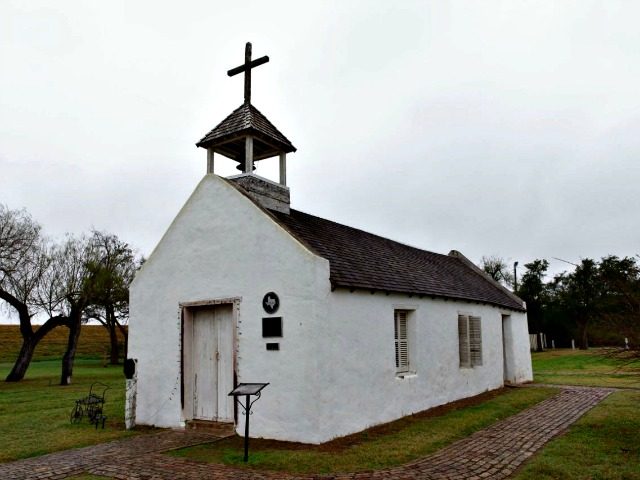The Department of Labor has announced a proposed rule to “clarify the civil rights protections afforded to religious organizations that contract with the federal government.”
“The proposed rule ensures that conscience and religious freedom are given the broadest protection permitted by law,” the department said in announcing the rule, which was posted in the Federal Register on Thursday and will allow the public to comment until Sept. 16.
Labor said the rule is “rooted in statutes, executive orders and Supreme Court decisions, including the court’s decision in several religious liberty cases such as Masterpiece Cakeshop v. Colorado Civil Rights Commission, Trinity Lutheran Church v. Comer, and Burwell v. Hobby Lobby Stores.
The DOL announcement said:
In keeping with that rich history, the proposed rule would clarify that religious organizations may make employment decisions consistent with their sincerely held religious tenets and beliefs without fear of sanction by the federal government. The proposal also reaffirms employers’ obligations not to discriminate on the basis of race, sex, or other protected bases and does not exempt or excuse a contractor from complying with any other requirements.
Acting U.S. Secretary of Labor Patrick Pizzella said of the rule:
Today’s proposed rule helps to ensure the civil rights of religious employers are protected. As people of faith with deeply held religious beliefs are making decisions on whether to participate in federal contracting, they deserve clear understanding of their obligations and protections under the law.
Reaction to the rule is predictable, with conservative groups praising the move and leftwing groups lashing out against it.
Mary Beth Waddell, a senior legislative assistant with the Family Research Center said in a statement:
Given recent decisions by the United States Supreme Court protecting religious liberty … the Department of Labor issued a proposed rule clarifying the rights of religious employers to contract with the Department without being forced to violate their conscience rights. This is in keeping with our nation’s history of respect for moral and religious beliefs.
Waddell said the rule will allow religious employers to operate according to their beliefs “without fear of government punishment.”
Terry Schilling, executive director of American Principles Project said:
From our nation’s founding to today, religious organizations have played a critical role in serving American society, service which is born directly out of their religious faith. Despite this long and distinguished record, however, many on the progressive left would have these charities renounce their religious identity in order to partner with the federal government.
“This bigoted position is simply indefensible,” Schilling said.
“Fortunately, the Trump administration has made clear they value the contributions of people of faith and have committed to protecting their religious liberty,” Schilling said. “We commend the President for taking this stand and fully support his administration’s continued efforts to uphold Americans’ first freedom.”
The Washington Post, meanwhile, found critics of the rule:
A flurry of civil rights organizations and liberal groups released concerned statements after the Labor Department announced the proposed rule. Lambda Legal’s Jennifer Pizer wrote: “Given the conservative religious affiliations of many large institutional employers that seek federal contracts, we know the most vulnerable workers will be LGBTQ people, as well as Muslims, Jews and other religious minorities. For more than half a century, the federal purse has been a transformative driver of equal workplace opportunity in this country.”
Liberal religious groups argued that the rule is not necessary to protect religious liberty. “We reject the Trump administration’s distorted notion that personal faith can be used as an opt-out from civil rights laws, and we will not stand by while they place employees of minority faiths, nonreligious people, LGBTQ+ individuals, and so many others at risk,” wrote Katy Joseph of the Interfaith Alliance.
The Post noted that the department is under new leadership after Alexander Acosta stepped down recently as secretary after pressure resulting from a plea deal he helped arranged as a federal prosecutor with convicted pedophile Jeffrey Epstein, who allegedly killed himself last weekend in a Manhattan jail cell.
Follow Penny Starr on Twitter

COMMENTS
Please let us know if you're having issues with commenting.